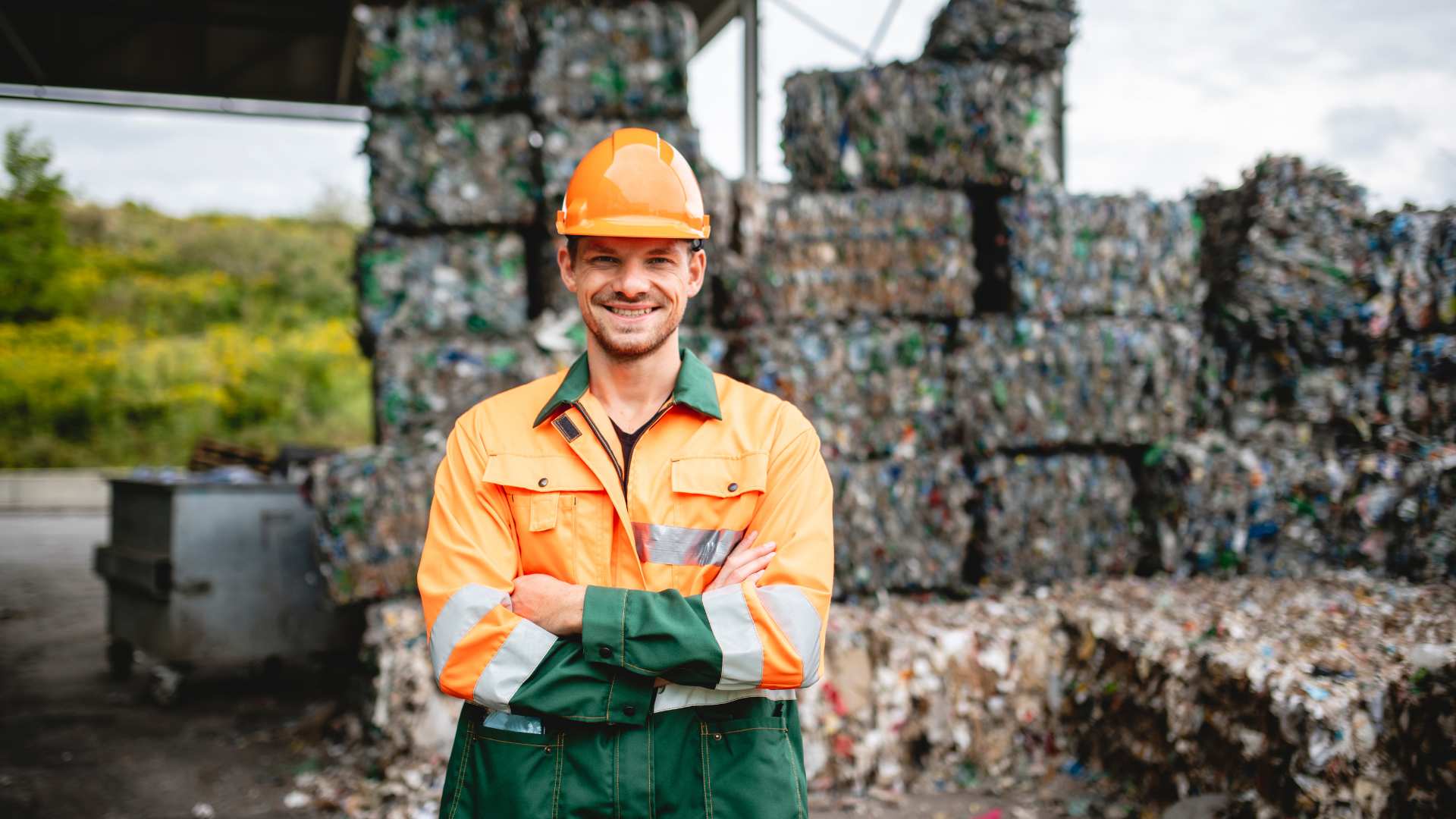Household waste has become a major global concern, with many countries unable to handle the enormous quantities of waste generated. Excess waste from homes not only causes environmental problems, but it also has an impact on community well-being. As responsible citizens, individuals must recognise the significance of appropriately managing home waste. This article tries to provide information on how leftover waste from homes can be handled.
Types of Household Waste

1. Solid Waste
Solid waste is a broad term that refers to many different types of waste. In addition to regular waste, which should be disposed of immediately, there is plastic waste that can be separated and recycled. Newspapers and cardboard are examples of recyclable packing materials.
Metals and tins are also frequent home waste; however, many of them can be recycled. Glass and ceramics can also be recycled and are considered solid waste. There are so many different forms of waste and items that should be recycled that it’s difficult to keep track. A waste removal company, on the other hand, can manage this for you.
2. Organic or Green Waste

Organic waste consists of food waste, manure, decaying meat, and garden waste. With time, this waste material will change. However, you cannot simply dispose of it anywhere. When organic waste reaches a landfill, it emits methane. To ensure proper waste disposal, always use the council’s food waste containers or a garden bag.
3. Recyclable waste
Many recyclables are not included in ordinary solid household waste. Any item that can be repurposed is considered recyclable. You can also sometimes touch newspapers and metals, but this also includes batteries, laptops, phones, and furniture! If in confusion, check the label to verify if it may be recycled. If there is no label, contact a waste removal company for assistance.
4. Hazardous waste

It includes flammable, caustic, and hazardous waste. Hazardous waste can harm both the environment and you if not disposed of properly. The best approach to dealing with hazardous waste is to hire the nearest rubbish removal company.
5. Liquid or Chemical Waste
You may not consider liquid waste to be waste from your home because it is more likely to be an issue in the commercial or manufacturing industries. However, paint, waste detergent, unclean water, and organic liquid are all considered liquid waste.
What to Do With Excess Household Waste?
Reduce and Reuse
To reduce waste, choose minimally packaged products and reusable items over single-use alternatives. Repurpose or donate home items such as clothing, furniture, and kitchenware instead of throwing them away.
Recycling

Set up a method to separate recyclable items from general waste. Take part in local recycling programmes for paper, cardboard, plastics, glass, and metal. The next thing is composting. You can simply convert organic waste, such as food leftovers and yard trimmings, into nutrient-rich soil.
Responsible Waste Disposal
Hazardous home materials, including batteries, electronics, and some cleaning chemicals, should be disposed of carefully. Research programmes that divert waste from landfills, especially electronic waste, toxic materials, and large things.
Changing Your Mindset and Habits
To create an environmentally conscious culture, educate, and promote sustainable lifestyles among communities.
The Role of Technology

Smart waste management systems, such as sensor-equipped bins and recycling information apps, can help improve waste collection and recycling procedures.
Collaborative efforts
Collaborate with local governments, businesses, non-profit organisations, and community groups to develop comprehensive waste management policies and infrastructure that is environmentally friendly.
Conclusion
Individuals and communities can greatly reduce the environmental impact of excess household waste by implementing these steps and promoting proper waste management practices, resulting in a less polluted and healthier planet for future generations.





